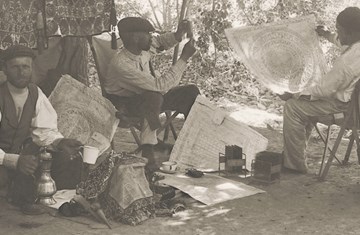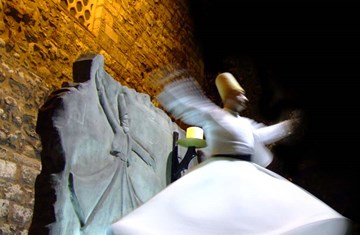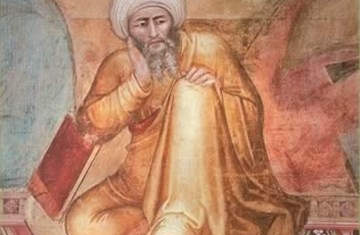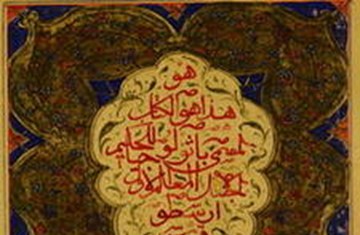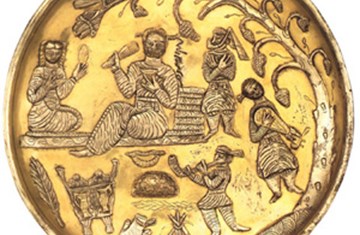The Ismaili Vocabulary of Creation
Keywords: Ismaili, Greek Philosophy, Creation, al-Sijistani, Amr
The earliest Ismaili thinkers were, like nearly all Muslim theologians and philosophers, confronted unavoidably with the problem of explaining how God created the universe. Apparently less concerned with public opinion and possible censure, they wrote freely although unorthodoxly on the subject. Most often they followed the dictates of their own Neoplatonist logic rather than tradition and the literal interpretation of Qur'anic scriptures. Furthermore, in spite of their employing terminology then in use in the circles of the falasifa and the mutakallimun (philosopher-theologians, primarily Muslim, but also the Qaraite Jewish scholars), they seem to have surpassed their predecessors in the elaborateness and care with which they constructed their own solutions.
Consequently they have left us an almost bewildering mass of data. In it there are expressions which can be at times deliberately ambiguous and at other times technically precise. It is the latter which I hope here to separate from the former, but to do this it is, I think, necessary to establish a kind of lexicon of the technical meanings and implications of Ismaili terminology for creation. From such a discussion, the basic outline of their doctrine on this subject will, I hope, emerge and become clear.


